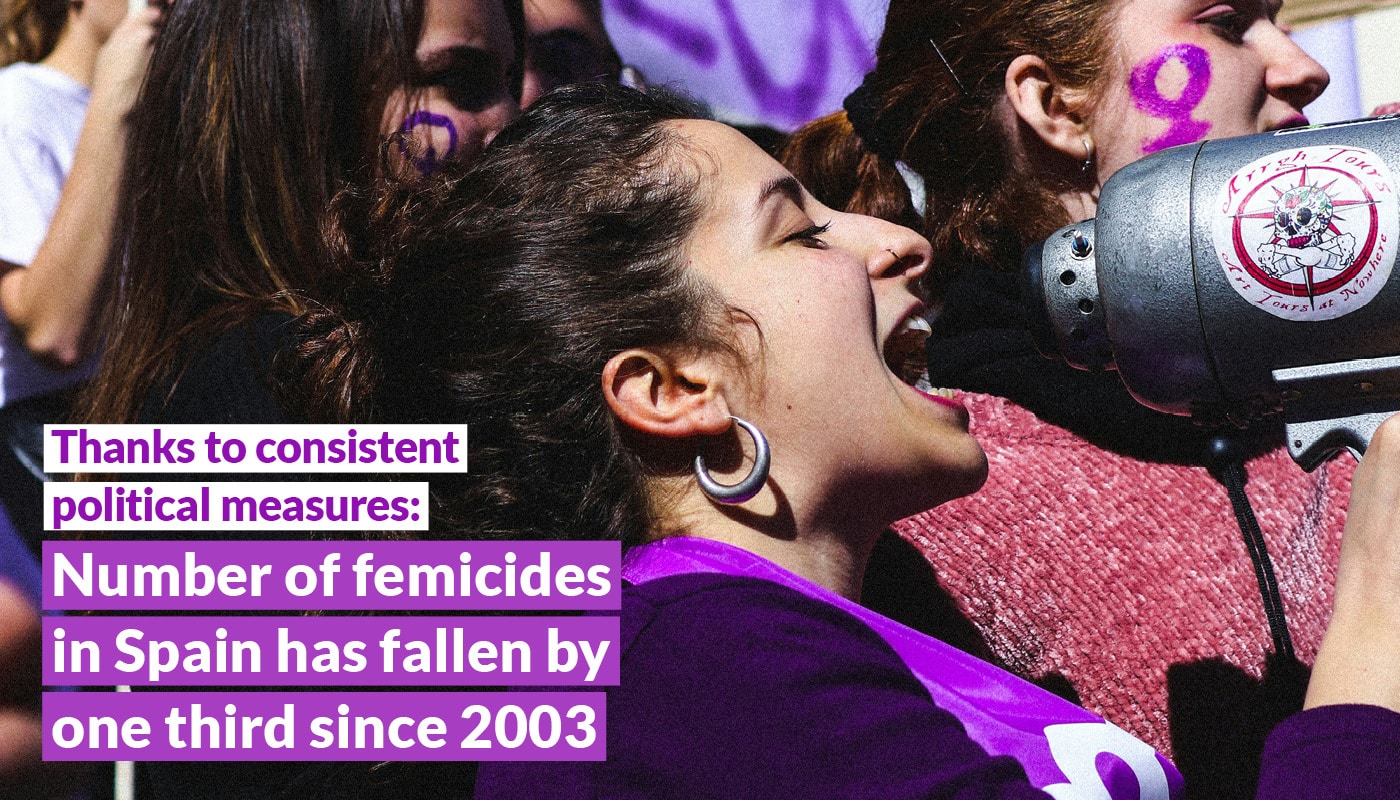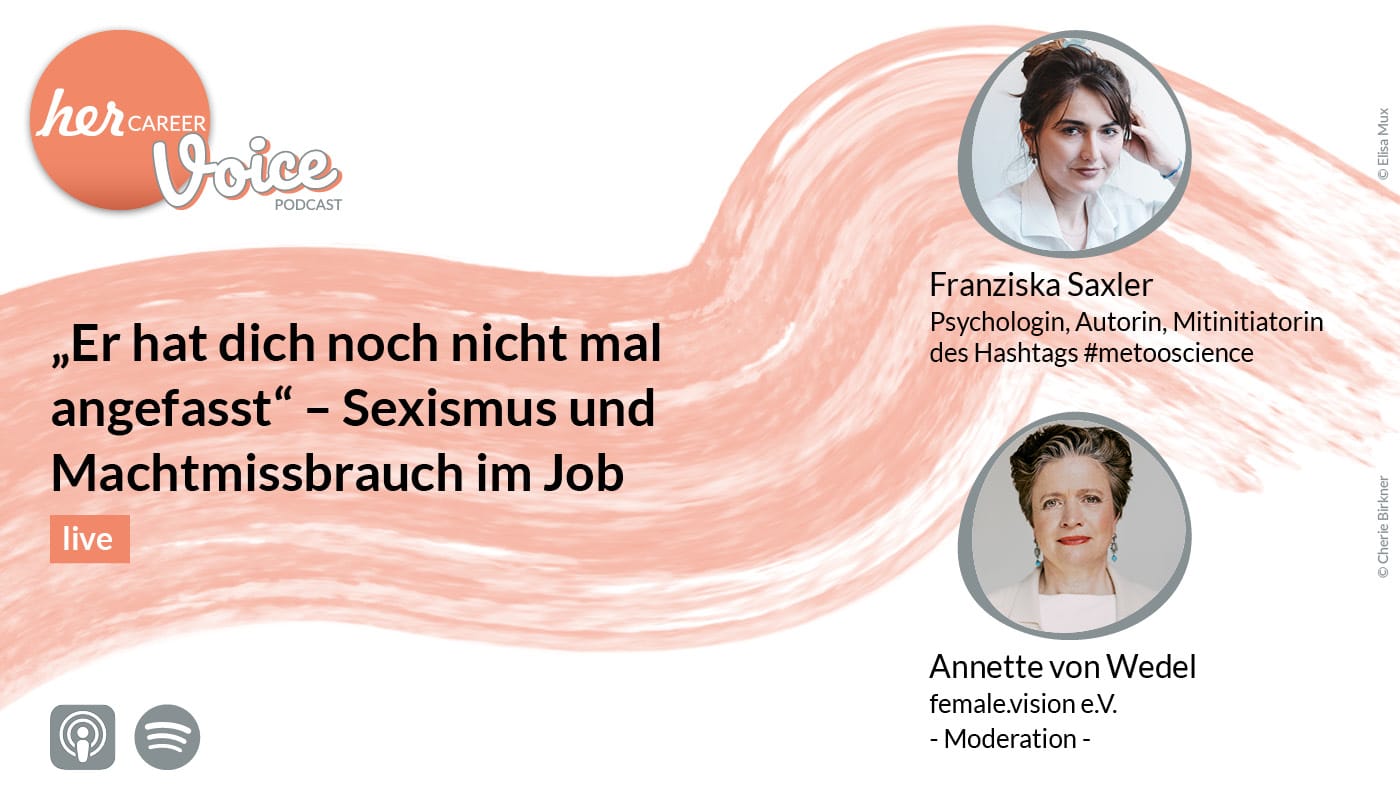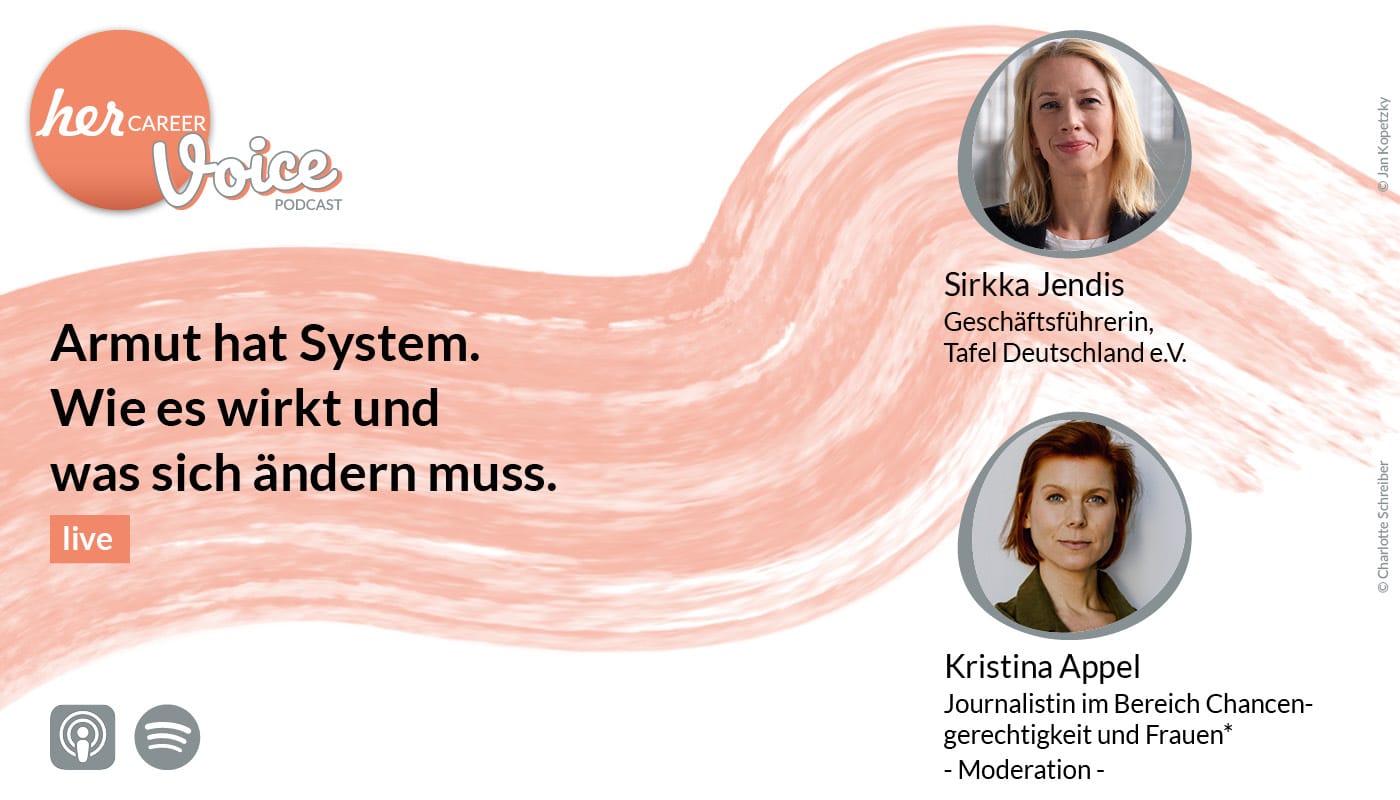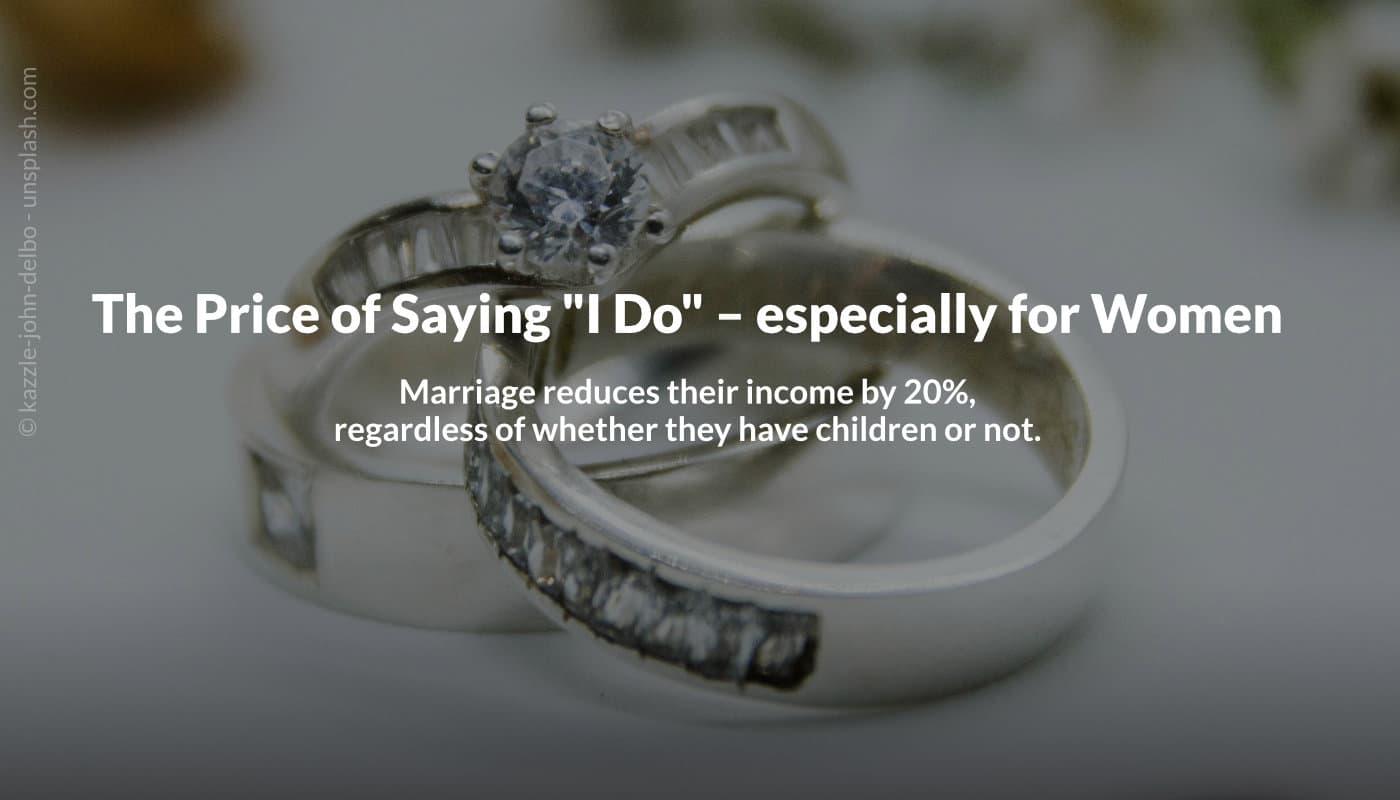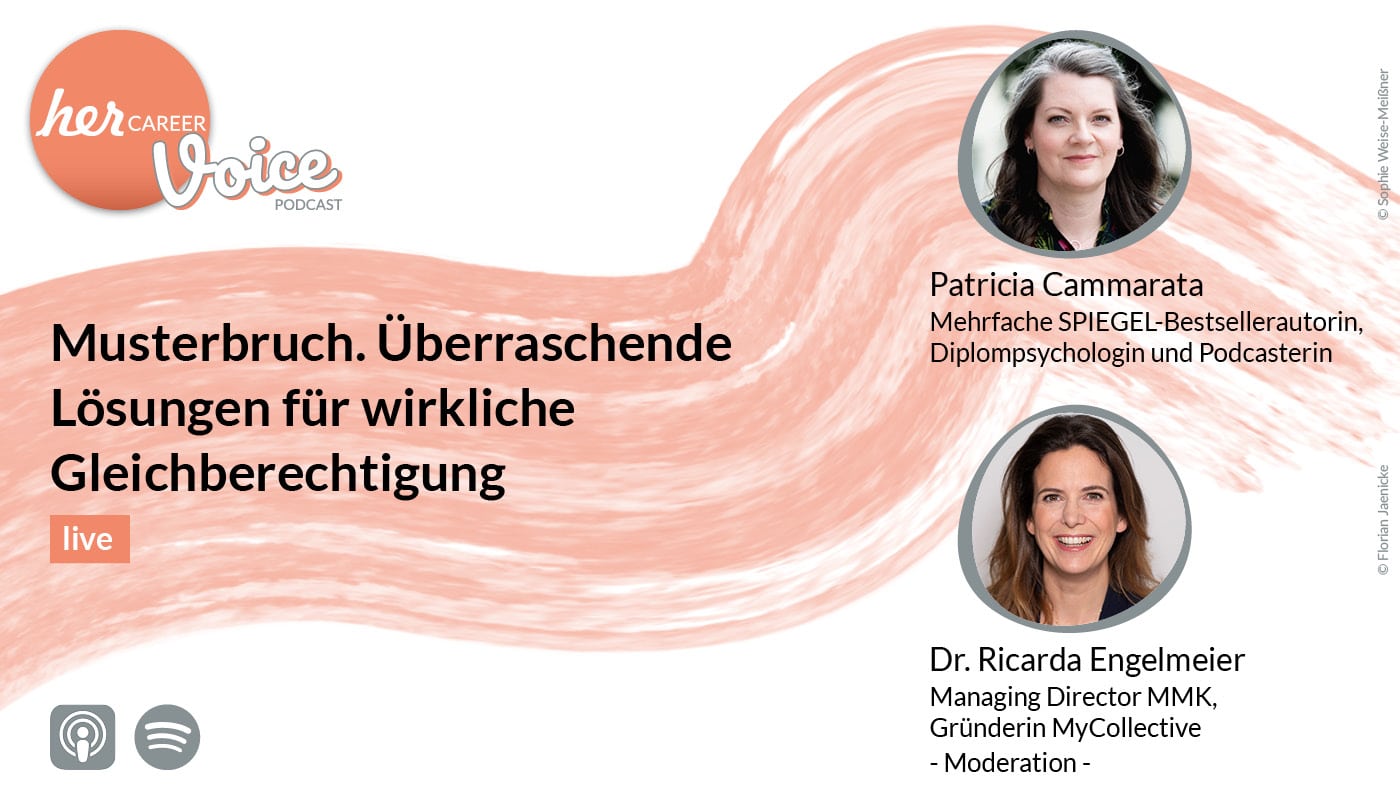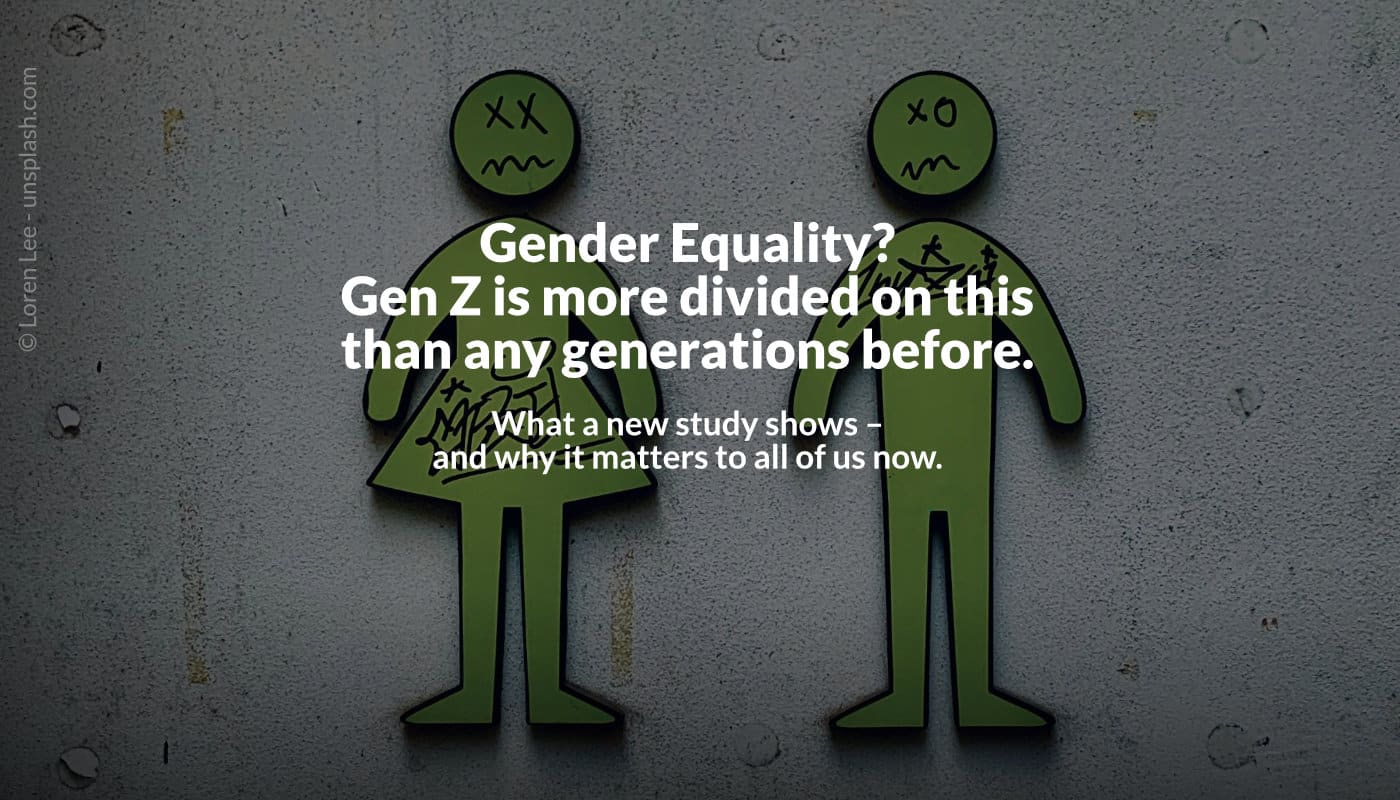„Young men and young women’s world views are pulling apart. The consequences could be far-reaching“, writes John Burn-Murdoch in the Financial Times.
Every generation tends to have a certain unity in terms of their worldview, according to the author. However, the ‘Generation Z’ appears to be hyperprogressive on certain issues and surprisingly conservative on others.
Why is that? The ‘Z’ generation is actually composed of two generations, not one. Alice Evans from Stanford University observes a significant gender-based divergence among those under thirty globally. An ideological gap has emerged between young men and women, even among people who live closely together, they are no longer on the same page.
Surveys have revealed the following:
The author attributes the particularly large gap in South Korea, in part, to the MeToo movement, which has generated a strong feminist awareness. ‘Korea’s is an extreme situation, but it serves as a warning to other countries of what can happen when young men and women part ways. Its society is riven in two. Its marriage rate has plummeted, and birth rate has fallen precipitously, the lowest of any country in the world.’
In many countries, the ideological differences have extended beyond the issue of sexual harassment. In the USA, UK, and Germany, young women also hold far more liberal positions on topics such as migration and racism compared to young men. In Germany, young men have even moved towards the right and embraced the A*D (Alternative for Germany) party.
Burn-Murdoch’s conclusion: ‘It would be easy to say this is all a phase that will pass, but the ideology gaps are only growing, and data shows that people’s formative political experiences are hard to shake off… Too often young people’s views are overlooked owing to their low rates of political participation, but this shift could leave ripples for generations to come, impacting far more than vote counts.’
The author has illustrated the described ‘Gender Ideology Gap’ in the graph below.

Posted by Natascha Hoffner, Founder & CEO of herCAREER, WiWo columnist, LinkedIn TOP Voice 2020, W&V 2019 – 100 Köpfe
published on LinkedIn on 01.02.2024



